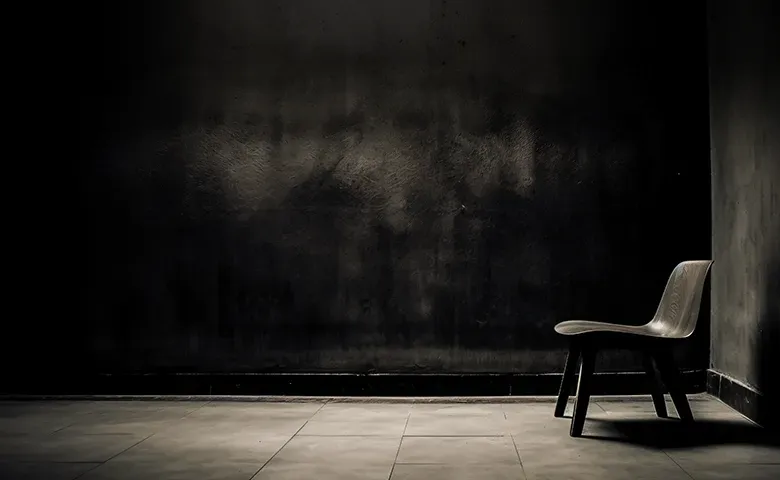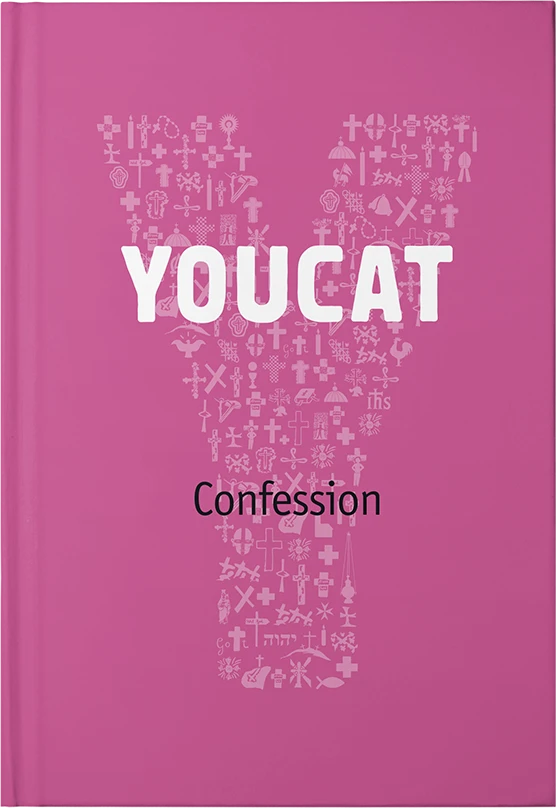

Credopedia
What is purgatory? Is it in the bible?
Purgatory stands for the place of purification. Does purgatory really exist and is it biblically justified? You will find the answer here.
Definition
Purgatory
To the question “Where do we go after death”, the Catholic Church gives a twofold answer: His body lies in the grave, but his soul stands before God. Perhaps this person has decided for love by then, in which case he is in heaven. But if he has completely refused to love, then he is in hell. Or perhaps he has led a life too weak for heaven and too good for hell. In this case, this person is in purgatory: the Lord looks at us, full of love, and we experience burning shame and painful remorse over our wicked or ‘merely’ unloving behavior. “Only after this purifying pain will we be capable of meeting his loving gaze in untroubled heavenly joy”. (YOUCAT 159)
What does the Holy Bible say?
The Bible speaks very little about a purifying fire. There is one passage in the Old Testament speaking of making “atonement for the dead that they might be absolved from their sin” (2 Macc 12:45). 1 Cor 3:13 says of the “co-workers of God” that “the work of each will come to light, for the Day* will disclose it. It will be revealed with fire, and the fire [itself] will test the quality of each one’s work” (1 Cor 3:13). The first letter of Peter speaks of steadfastness in faith “so that the genuineness of your faith, more precious than gold that is perishable even though tested by fire, may prove to be for praise, glory, and honor at the revelation of Jesus Christ.” (1 Peter 1:7) The truth that something like a purifying fire between heaven and hell really exists was only established as a certainty of faith in the Church in the sixth century.
A short YOUCAT-Catechesis
Under Fire
When you are young you play all kinds of tricks; you fight, tease each other, and when you get older you get offended at certain things and exhort others by raising your index finger. When I was young, people used to say here in Germany: For this, you will burn. By burning they meant you will go to purgatory, something I could not fathom at that time. Medieval painters loved depicting souls in purgatory. Now I understand that the adults were trying to say that I would have to atone for my actions for eternity — and it would not be fun.
To Forget about Purgatory?
Later, when I started studying, I heard all kinds of jokes about purgatory. No one took purgatory seriously, as it was very poorly accounted for in the Bible. We could learn from the Protestants who did not believe in purgatory, they told me. But, ironically, it dawned upon me that purgatory really exists when I spoke with a Protestant theologian. They used to ask Catholic believers: “Are you sure of your salvation?” When I did not answer immediately, they asked more sharply: “Are you absolutely sure of your salvation?” I don’t remember what I answered precisely, but I said something like this: “I am very sure that Christ died for me and that he saved me. But if you ask me if I will end up in heaven, I can only tell you I don’t know right now. It could well be the case that I will commit a few devilish things in my life that will definitely bar me from heaven.”
Why There Must be More than just Heaven and Hell
The following night I understood why purgatory really exists — and why it could be my lot to end up there after death. If only black and white, heaven or hell, salvation or damnation existed, we would live in a very cruel universe. Islam only knows of these extremes. I once traveled to Cairo, to the Red Sea. I have never seen a bleaker world. Mile after mile we drove through a grey, burned, looted world in which people in grey lived very poorly. “How come everything is so sad here?”, I asked my Coptic friend who accompanied me. He told me that since they are not having a good life they believe that this is a sign that they are condemned for eternity! They do not believe it would make sense to try and turn around their lives.
On the same night that my Protestant friend asked me whether I was sure of my salvation, I brooded over whether I hoped to enter eternal life. I pondered my death and wondered what it would be like to directly see the living God, eye to eye. Of course, I was hoping that the merciful God would also say this one sentence to me: ” Well done, my good and faithful servant. Since you were faithful in small matters, I will give you great responsibilities. Come, share your master’s joy” (Mt 25,23). But suddenly I became aware of the fact that when my whole life is spread out before God in dazzling light, I would also be overcome by another sentiment — deep, deep shame. To come into the full light of God would not mean being swallowed up so that I no longer existed, but rather to fully understand both God and myself in full clarity.
Shame Out of Joy
Then I will be deeply ashamed of all the moments where I carelessly walked away from love, as well as those moments of evil and betrayal. YOUCAT 159 reminds us of such a moment: “When Peter had betrayed Jesus, the Lord turned around and looked at Peter: ‘And Peter went out and wept bitterly’ – a feeling like being in purgatory.” On this night it dawned upon me that purgatory exists and that this fact is part of my hope for God and eternal life. I can say yes to what is written in YOUCAT 159: “Someone who dies in God’s grace (and therefore at peace with God and men) but who still needs purification before he can see God face to face is in purgatory.” I am looking forward to the moment where I will be looked at and fully exposed. “His glance,” Pope Benedict XVI wrote, “the touch of his heart heals us in a somewhat hurting transformation ‘as through fire.’ But it will be a joyful pain which has the holy power to pierce us burningly with his love so that in the end we will finally be fully ourselves and at the same time become fully God’s”.

YOUCAT Digital
Discover our digital products, which will help you to grow in faith and become missionaries yourself.







